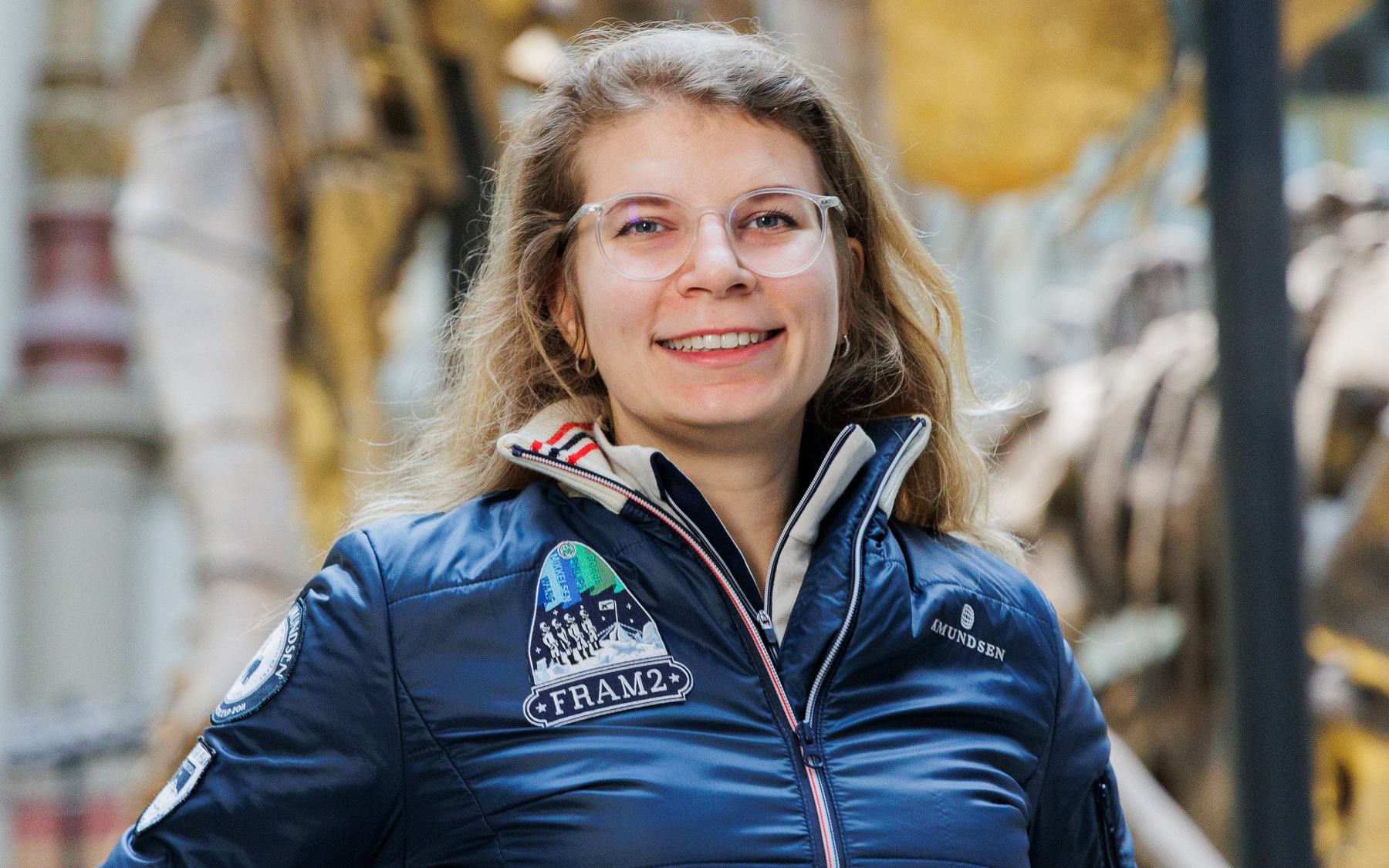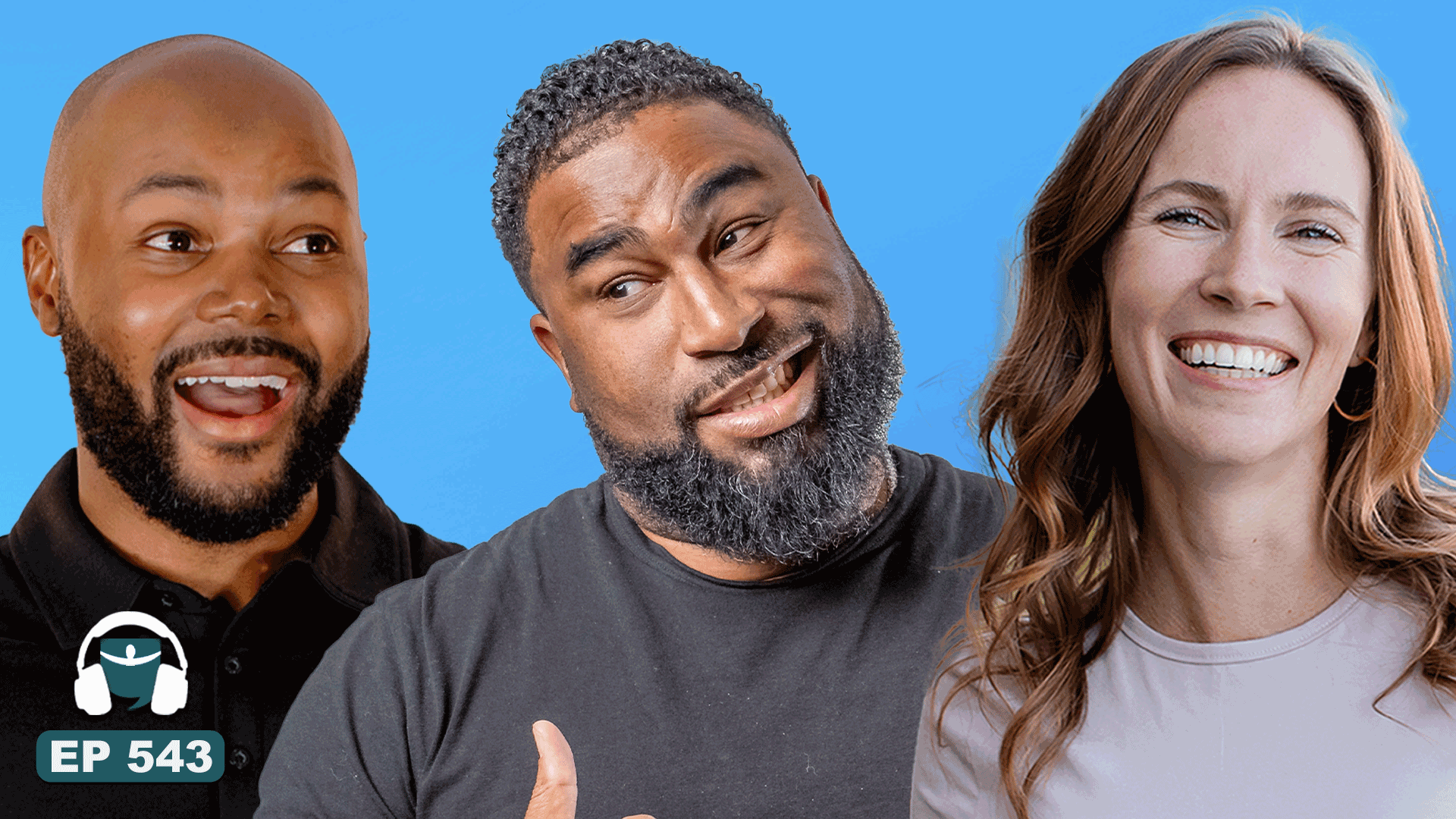Minutes after protesters stormed the stage disputing his narrow victory, Kenya’s president-elect, the self-styled hustler and one-time street chicken seller William Ruto sought to strike a statesmanlike note.
The deputy president, previously charged by the International Criminal Court for inciting ethnic violence after the disputed 2007 poll, congratulated his “worthy competitor”, the veteran opposition politician Raila Odinga, and called for peace.
“The people of Kenya have raised the bar on us who are seeking leadership of our country. Not to sell our ethnicities, but to sell our programmes, our manifestos, our agenda and our plan,” he said on Monday, to cheers and applause. “There is no room for vengeance and looking back, we are looking into the future.”
Odinga has challenged the results. His team said the results were manipulated in favour of Ruto. Some election commissioners also disowned the result. It is unclear when Ruto will take office. But Ruto’s supporters are clear that the man once associated with some of the worst electoral violence seen in the east African country has changed.
“William Ruto has, like all of us, grown. I think he is a very different person from the person who became deputy president. These ten years have been a character-building sort of exercise for him. I think he’s emerged a better person prepared for this job,” said David Ndii, his top economic adviser.
One of Kenya’s richest businessmen, Ruto campaigned on his rags-to-riches story. His yellow Hummer-like campaign vehicle bore the slogan ‘every hustle matters’.
The God-fearing, teetotal 55-year-old trained botanist contrasted his humble pedigree with that of Odinga and his boss, president Uhuru Kenyatta, both sons of Kenyan independence heroes. “Since people decided to call me a chicken seller, I decided to continue being one,” he told the Financial Times. “Now I have like 200,000 chickens.”

The electoral race, cast by observers as “dynasties versus hustlers”, was made unpredictable by the fact that Ruto fell out with Kenyatta. Kenyatta’s victory in 2013 was made possible by Ruto’s supporters in the Rift Valley. In return, Ruto had hoped for Kenyatta’s support for the presidency this year, but his boss threw his weight behind Odinga four years ago.
On polling day, Kenyatta’s traditional Kikuyu supporters — from Mount Kenya — backed the deputy president, who is a Kalenjin. Turnout, at almost 65 per cent, was down from some 80 per cent in previous elections. The result can be interpreted as a sign that the ethnic allegiances that shape electoral politics in Kenya have weakened, analysts say.
“I said we’re going to have a different conversation, we’re not going to have the usual conversation about big boys, and sharing power and sharing positions,” Ruto said in an interview before the vote. “This conversation is less and less about ethnicities, it is less and less about what has always brought friction between Kenyans. It’s more and more about issues that have no ethnic baggage. It’s about creating jobs, cost of living, dealing with debt, making sure that we have sufficient revenues.”
If he takes office, he would have to steer an economy battered by the Covid-19 pandemic, rising food and fuel prices spurred by the war in Ukraine, the worst drought in four decades and soaring public debt levels.
“He faces some significant economic challenges, including the need to put Kenya’s public debt on a sustainable footing. On this front, investors may welcome a Ruto presidency not least because he had discussed his preference for fiscal consolidation whereas his opponent had openly talked about the need for a debt restructuring,” Virág Fórizs at Capital Economics, wrote in a note.

Ruto’s backers say his plans to boost agricultural and manufacturing output are just what Kenya needs. “Ruto, a thoroughbred politician, has bred a revolution that has taken the country by storm. To his followers, he is a virtually omniscient political chess master who plots his course many moves in advance,” Kenya’s newspaper, The Nation, wrote on Tuesday.
Ruto told the FT: “It’s trickle down versus bottom-up, because I believe where Kenya is at the moment, there are some imperatives that are necessary — we must sort out the cost of living, we must deal with our debt situation.”
Although he cast himself as an outsider, Ruto started his political career in 1992 campaigning for the late president Daniel arap Moi. “He has been around for a while, he was mooted by former president Moi, entering as a youth leader and is someone who has risen up the ranks quite quickly for our politics,” said Nerima Wako, a Kenyan political analyst.
Ruto’s critics accuse him of corruption, land grabbing, and ruthlessness in his pursuit of power, allegations he denies. “Ruto is a political plunderer, an economic saboteur,” said Luke Odongo, a primary school teacher who volunteered for Odinga’s campaign.
Ruto supported Raila Odinga in the 2007 polls, during which post-election violence killed 1,200 people. He was investigated by the ICC for crimes against humanity yet the charges were later dropped. “The accusations that were levelled against me then just went up in flames because they were false,” he said.
For his followers this victory is one for all the hustlers. “I am happy with the results because we are winners,” said Joshua Marata, a 24-year-old boda-boda, motorbike taxi driver. “I am a hustler like him, he supports hustlers, and this is a hustler nation now.”



















Discussion about this post